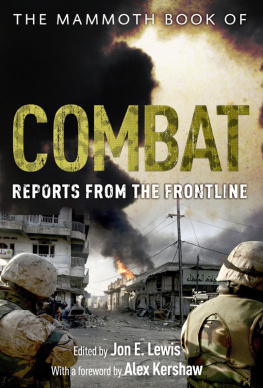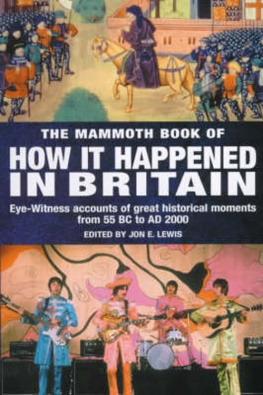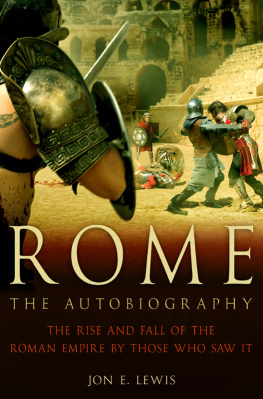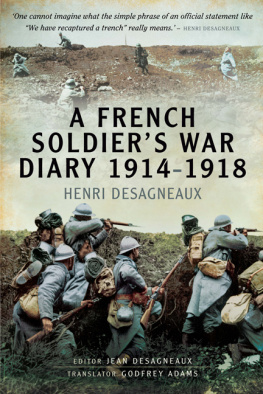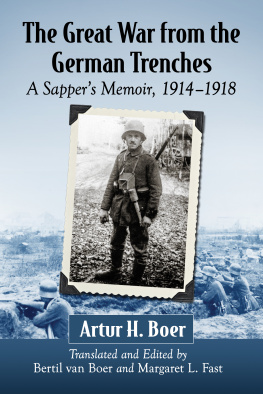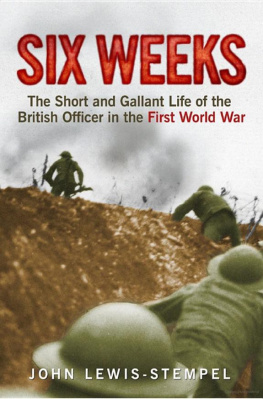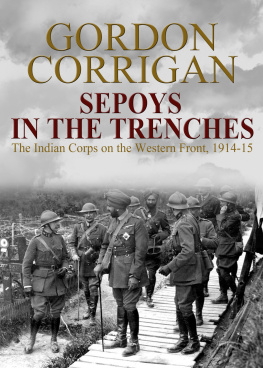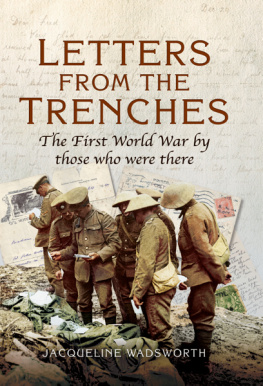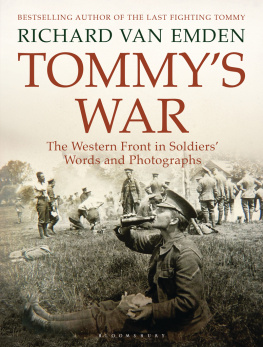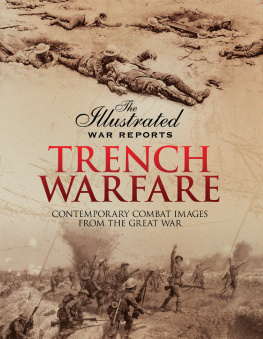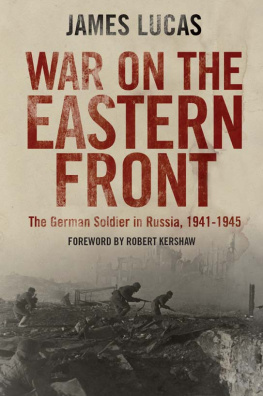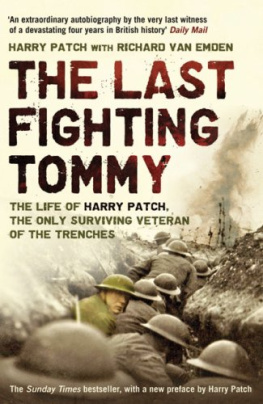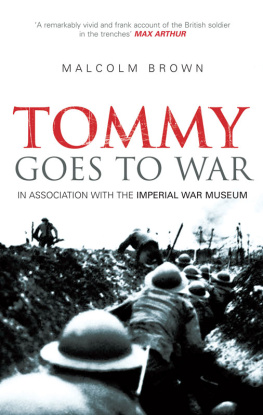Edited and Introduced by C. B. Purdom
Foreword by Malcolm Brown
Constable London
Constable & Robinson Ltd
5556 Russell Square
London WC1B 4HP
www.constablerobinson.com
First published in the UK by Robinson Publishing Ltd, 1997
This revised and updated edition published by Constable,
an imprint of Constable & Robinson, 2009.
Foreword Malcolm Brown
All rights reserved. No part of this publication may be reproduced in any form or by any means without the prior written permission of the publisher.
This book is sold subject to the condition that it shall not, by way of trade or otherwise, be lent, re-sold, hired out or otherwise circulated in any form of binding or cover other than that in which it is published and without a similar condition including this condition being imposed on the subsequent purchaser.
A copy of the British Library Cataloguing in Publication data
is available from the British Library
978-1-84901-067-2
eISBN: 978-1-47211-181-4
Printed and bound in the EU
1 3 5 7 9 10 8 6 4 2
Cover photograph: Wiring party of the 12th East Yorkshires near Roclincourt, 1918/Imperial War Museum;
Cover design by stuartpolsondesign.com
CONTENTS
FOREWORD
This book was first published in 1930, appearing under the imprint of Messrs J. M. Dent, the originator of that illustrious, long honoured library of books bearing the name Everyman. Also in that year there appeared on the scene that much consulted, much admired, magisterial work entitled War Books: A Critical Guide, written by Cyril Falls: professional soldier, noted historian and destined to become Chichele Professor of the History of War at the University of Oxford. This was, as we might now see it, an Ofsted report on works relating to the recent Great War published in the period from the Armistice of 1918 to the end of the 1920s. Falls was able to include, presumably as a last-minute entry, a comment on the present work. His verdict is worth quoting in full:
This is a very striking book, throwing light upon almost every phase of the War. It contains sixty short narratives by writers of all ranks from private to lieutenant-colonel, but unfortunately only three from the Navy and the Royal Air Force. Practically every campaign is mentioned, though of course the vast majority of the incidents are from the Western Front. The narrators are in no case professional writers, and though some (but by no means all) lack literary skill, they are far more representative of the British Army, Navy, and Air Force, than any professional writer with his overcharged sensibilities and his inevitable reaction to literary influences and conventions.
That final sentence carries with it, surely, a clear if coded reference to the new style of writing about the recent war that was beginning at that time to make increasingly significant waves, a style of which, evidently, though not unexpectedly, Cyril Falls did not wholly approve. Heralded much earlier in the decade by C. E. Montagues grounding-breaking book, Disenchantment, first published in 1922 the message of which was clearly implied by its title the books which now dominated the literary scene were to become the most famous and influential to emerge from the First World War, a conflict which to this day has never been allowed to slip quietly into the past, but remains a permanent focus of controversy. It is a conflict on which after almost a hundred years, (to borrow a key-note phrase from another area of continuing cultural disagreement), many still look back in anger.
To name some of the titles which appeared at this time: the year 1928 saw the publication of Edmund Blundens Undertones of War, while 1929 produced a positive harvest including Richard Aldingtons Death of a Hero, Robert Gravess Goodbye to All That, Charles Carringtons memoir A Subalterns War (written under the pseudonym of Charles Edmonds), and the English translation of Erich Maria Remarques All Quiet on the Western Front, a striking take on the war from the point of view of the former enemy.
Fallss comments on the above were mixed. He had high praise for Edmund Blunden, claiming that his memoir was probably the only single book we have had in English which really reaches the stature of its subject; he saw some virtue in Richard Aldingtons offering, in spite of describing it as one of the bitterest war novels that has been written, but he was deeply critical of the works by Graves and Remarque. For the latter he had no time at all, blaming his books runaway success on the massive publicity campaign that had preceded its arrival; and condemning it as frank propaganda by an author who appears to know singularly little of certain of the details which he describes. He praised Graves for his excellent war scenes, but found that overall his attitude left a disagreeable impression. One might gather that thousands of men instead of a few hundred were executed, and that suicides were as common as blackberries. He is in short an example of the intellectual, whose intelligence with regard to the War penetrates a much shorter distance than that of the plain man. He had highest praise of all for Charles Edmonds: The writer does not make war any prettier than its ugly self, but he shows that ordinary men endured it without becoming the shambling woebegone spectres so often depicted. These spectres would not have been victorious against the worst troops in the world. Mr Edmonds lets us see how and why the real men were victorious against the best.
The following year, 1930, provided a further crop, including, as already stated, Cyril Fallss own War Books, which appeared late enough to catch Everyman at War but too soon for Siegfried Sassoons Memoirs of an Infantry Officer, though he had warm praise for its already published predecessor, Memoirs of a Fox-Hunting Man, which, while mainly a paean for a lost peace, managed to include some brief war scenes which he found impressive.
Another book of that year for which I think Falls would have not have found place even had it appeared in time, but which I see as a work of considerable significance in the present discussion, in that it enshrined a markedly different view of the world of the Western Front from that purveyed by the majority of the books mentioned above, was the collected reprint of the most famous of the trench magazines produced during the war, The Wipers Times.
The story of the founding of that magazine has been often told. In brief, two officers of the 12th Sherwood Foresters, Captain (later Colonel) F. J. Roberts and Lieutenant (later Major) J. H. Pearson, found an abandoned printing press somewhere in the ruins of Ypres, capital of that infamous killing-ground known as the Ypres Salient, acquired it, and turned their unofficial ownership of it to excellent effect by producing between February 1916 and December 1918 over twenty editions, which won such a reputation for good writing and wit that all but its last two issues were republished in Britain to considerable acclaim while the war was still in progress.
In 1930 it was thought timely to give the magazine a further airing, in a handsome collected edition, with a Foreword by a commander widely admired by the troops during the war, Field Marshal Sir Herbert, now Lord, Plumer, and an Introduction by the chief editor, F. J. Roberts. Roberts had mocked the military hierarchy and joked about almost every aspect of the Western Front war, but he had firmly believed in the justice of the cause for which so many had suffered and died, and he had not been pleased to find that the new wave of publications flooding the nations bookshops appeared to denigrate the values in which he and his like had so firmly believed.




